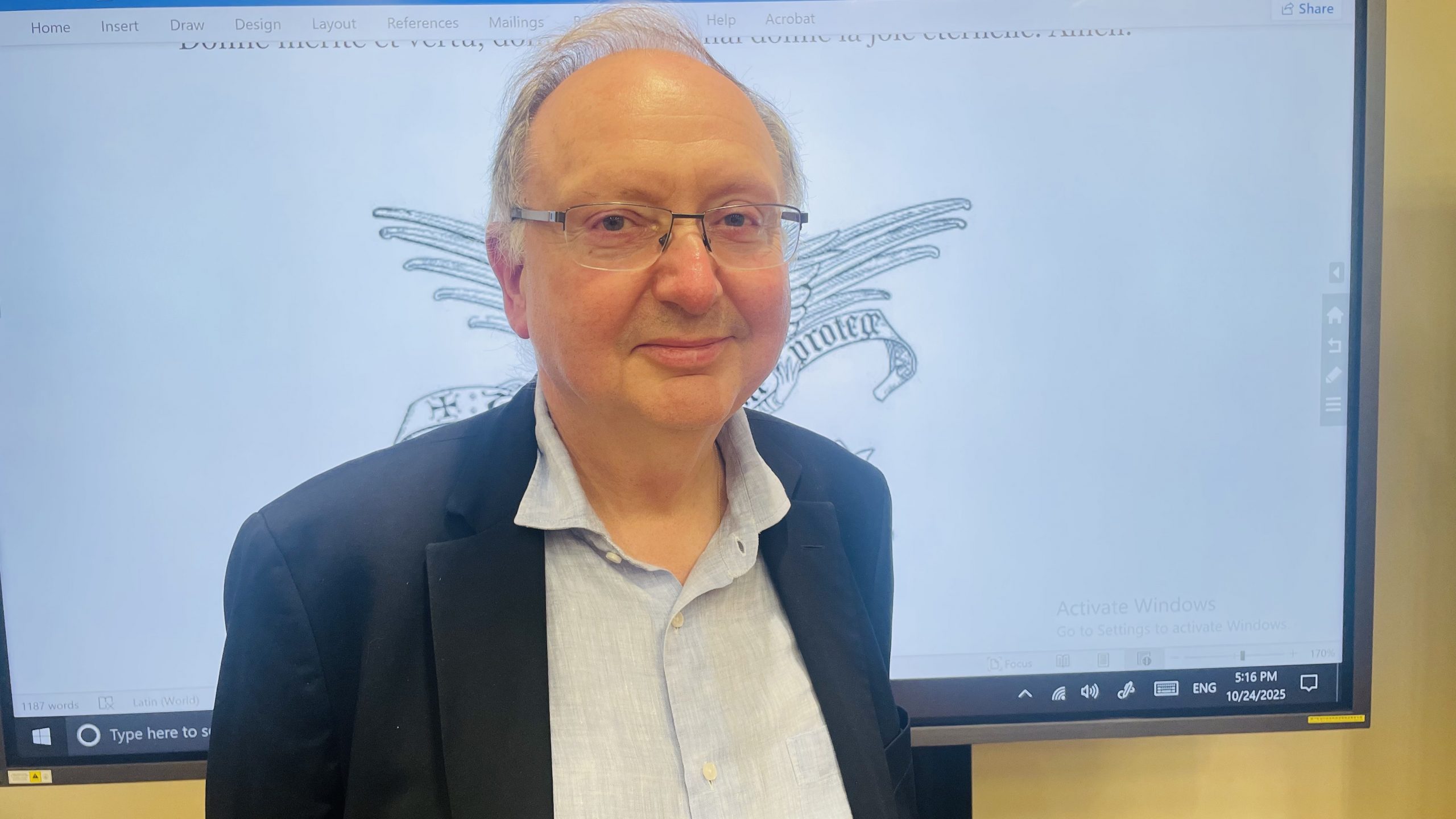– Anastasios
We talk now of a very little known early Christian apologist. I am quite sure that if I mention the name Arnobius of Sicca very few among my readers would know who he is.
He was born toward the end of the third century in Sicca. We don’t have much information about him, only that he was a convert to Christianity and then would become a teacher of rhetoric. Some information we have comes from Saint Jerome. In his Chronicles, in the year 326 he reported: “Arnobius rhetor in Africa clarus habetur; qui cum Siccae ad declamandum iuvenes erudiret et adhuc ethnicus ad credulitatem somniis conpelleretur neque ab episcopo impetraret fidem quam semper impugnaverat, elucubravit adversum pristinam religionem luculentissimos libros et tandem velut quibusdam obsidibus pietatis foedus impetravit” (“In Africa, Arnobius the rhetor is considered important, who when he was in Sicca teaching the youths to declaim, and, being still a pagan, was compelled by dreams to believe, although he had not obtained from the bishop by asking the faith that he had always attacked, he composed the most splendid books against the former religion, and finally, as if with these as offerings, he requested and obtained the covenant of faith”).
Not everything is clear in the work of this early apologist nor would everything be accepted. But still he is an interesting figure that deserves some little attention. In the 19th volume of the Ante-Nicene Christian Library, published in Edinburgh in 1871, called The Seven Books of Arnobius Adversus Gentes, translated by Hamilton Bryce and Hugh Campbell, the Introduction says: “It is evident that with regard to the Jews and the Old Testament Arnobius was in a state of perfect ignorance ; for he confounds the Sadducees with the Pharisees, makes no allusion to the history of the Israelites, and shows that he was not acquainted with their forms of sacrifice. – He was evidently well acquainted with the life of Christ and the history of the church, and alludes at times to well-known Christian sayings ; but how far in so doing he quotes the Gospels and Epistles, is not easily determined. Thus it has been supposed, and with some probability, that in referring to the miracles of Christ he must allude to the Gospels as recording them. But it must be observed that he ascribes to Christ a miracle of which the New Testament makes no mention,—of being understood by men of different nations, as though He spoke in several languages at the same moment. So, too, his account of the passion differs from that of the New Testament. On the other hand, we find that he speaks of Christ as having taught men ‘not to return evil for evil,’ as ‘the way of salvation, the door of life, by whom alone there is access to the light,’ and as having been seen by ‘countless numbers of men’ after His resurrection. Still further, he makes frequent references to accounts of Christ written by the apostles and handed down to their followers, and asks why their writings should be burned. In one place, also, he asks, ‘Have the well- known words never rung in your ears, that the wisdom of man is foolishness with God?’ where the reference seems to be very distinct; but he nowhere says that he is quoting, or mentions any books.”
Let us read a passage from his Adversus Gentes: “You do not believe our writings, and we do not believe yours. We devise falsehoods concerning Christ [you say] ; and you put forth baseless and false statements concerning your gods: for no god has descended from heaven, or in his own person and life has sketched out your system, or in a similar way thrown discredit on our system and our ceremonies. These were written by men; those, too, were written by men—set forth in human speech; and whatever you seek to say concerning our writers, remember that about yours, too, you will find these things said with equal force. What is contained in your writings you wish to be treated as true; those things, also, which are attested in our books, you must of necessity confess to be true. You accuse our system of falsehood; we, too, accuse yours of falsehood. But ours is more ancient, say you, therefore most credible and trustworthy; as if, indeed, antiquity were not the most fertile source of errors, and did not herself put forth those things which in discreditable fables have attached the utmost infamy to the gods. For could not falsehoods have been both spoken and believed ten thousand years ago, or is it not most probable that that which is near to our own time should be more credible than that which is separated by a long term of years? For these of ours are brought forward on the faith of witnesses, those of yours on the ground of opinions; and it is much more natural that there should be less invention in matters of recent occurrence, than in those far removed in the darkness of antiquity.”
It would be interesting to read again today the writings of this early apologist with the freedom to criticize what is not good and praise what indeed still is.


 Follow
Follow


